The Sluderno Museum shows the history and the culture of the Venosta Valley
Image gallery: VUSEUM - Venosta Valley Museum
The VUSEUM in Sluderno village is dedicated to the diverse history and culture of the Venosta Valley. It sheds light on the region's ecological, social, and cultural aspects, as well as archaeology and water management, crucial to South Tyrol's arid west. The permanent exhibition "Wasser Wosser" tells the story of the dense network of Waale, the ancient irrigation channels which are the most important irrigation system in the Alps, used since the Middle Ages. Just behind the museum, you can experience this system first-hand on the Quairwaal educational trail.
Under the title "Archaic Val Venosta", you can discover more about the findings at Ganglegg. On this hill above the village, artefacts from the Bronze, Iron, and Roman Ages were discovered in 1997. Today, a prehistoric park with original structures and two reconstructed houses exists there, about a 45-minute walk from the museum. It is considered the best-researched fortified hilltop settlement from these eras in the Alpine region.
A different, yet poignant, part of the history is presented in the permanent exhibition "Schwabenkinder" (Swabian Children). It addresses the annual migration of children to Swabia, where they worked during the summer to alleviate their families' severe poverty. Since 2024, a new section has enriched the permanent exhibition: It commemorates the stallion "249 Folie", born in Sluderno 150 years ago, the progenitor of the Haflinger horse breed. How to get to the VUSEUM?
The Venosta Valley Museum is located in the village centre of Sluderno. The train also stops here. On foot, the hike along the Sluderno Waalwege paths takes you directly past the museum.
Contact info
- Via Merano / Meranerstrasse 1 - 39020 - Sluderno / Schluderns
- +39 0473 615590
- info@vuseum.it
Opening times
Despite careful control we cannot guarantee the correctness of the provided data.
Admission
€ 6.00 adults
€ 5.00 seniors 65+
€ 5.00 students
€ 5.00 groups (10 and more persons)
€ 2.00 children and young people (6-17 years)
free for children under 6 years
----------------------------------------
family ticket:
€ 12.00 parents with children (up to 17 years)
----------------------------------------
guided tour (per person):
€ 10.00 adults
€ 9.00 reduced
€ 5.00 school classes
More information
Guided tours are offered upon request. The VUSEUM stays open every year from April to early November, Monday rest day. It remains closed in winter.
Season start 2025 on April 6.
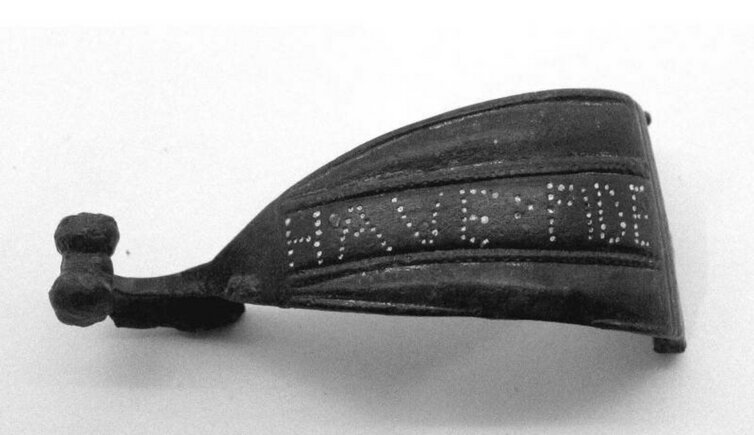
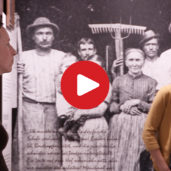
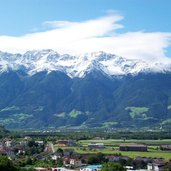
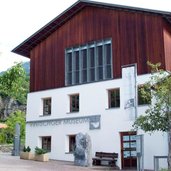
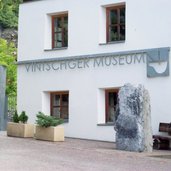
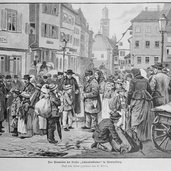
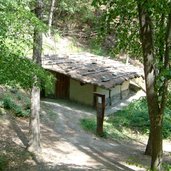
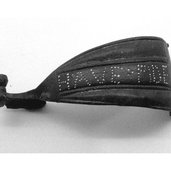
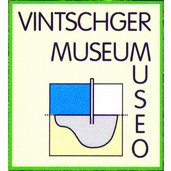








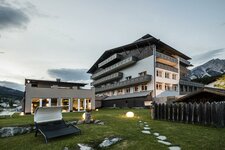

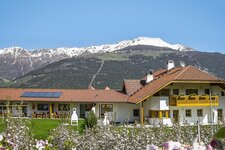
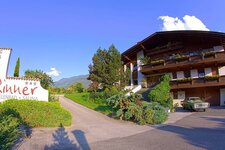
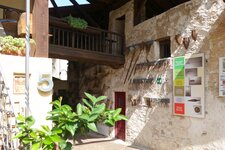
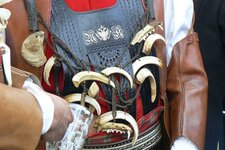

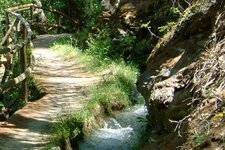
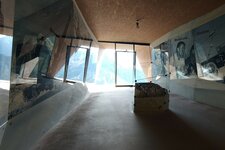
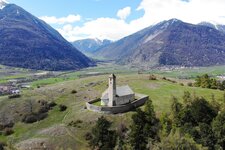
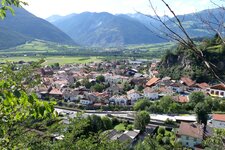

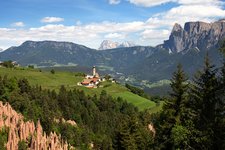
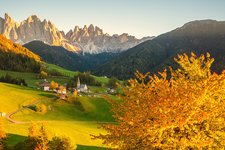
































































































.jpg)




































